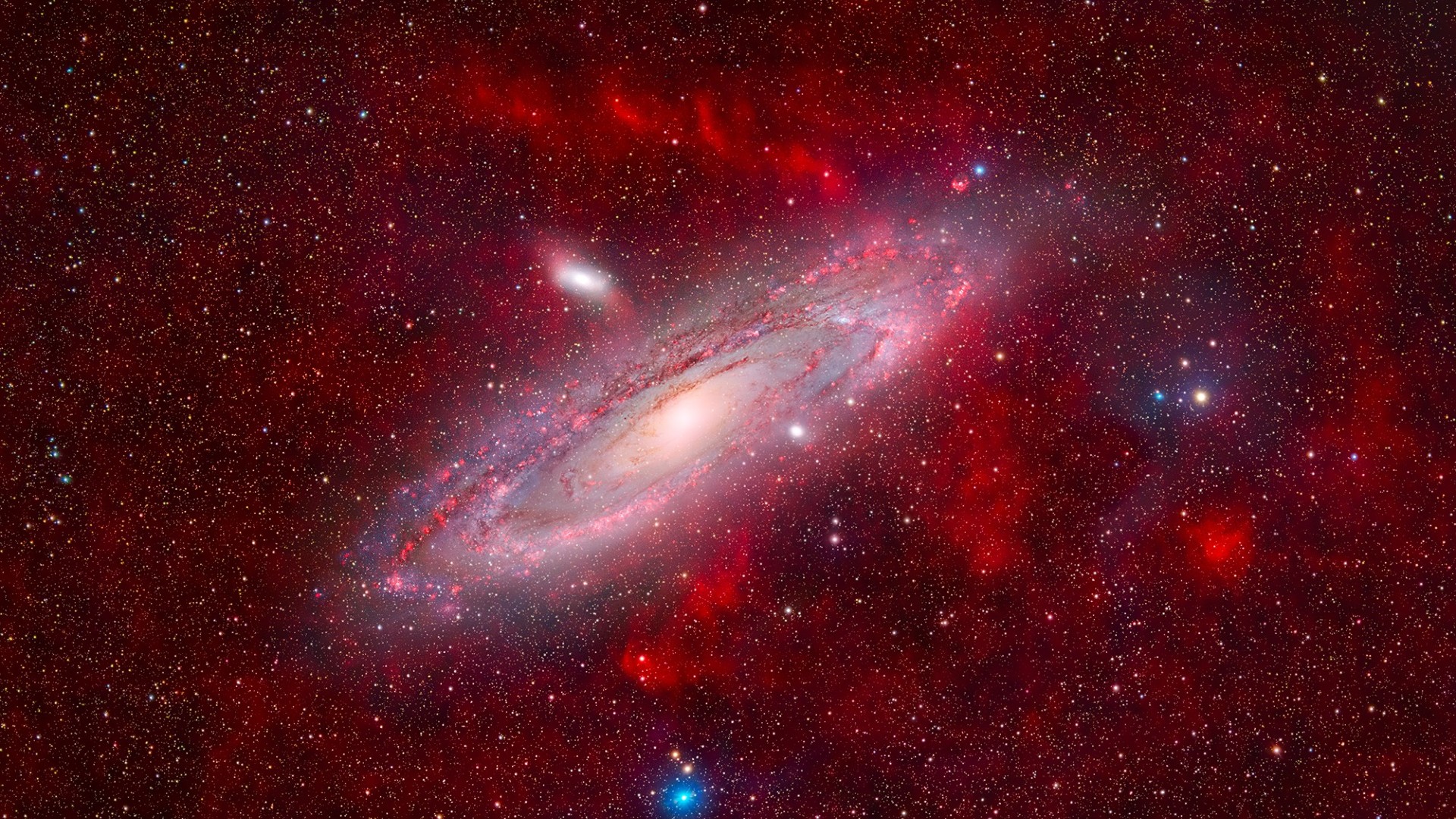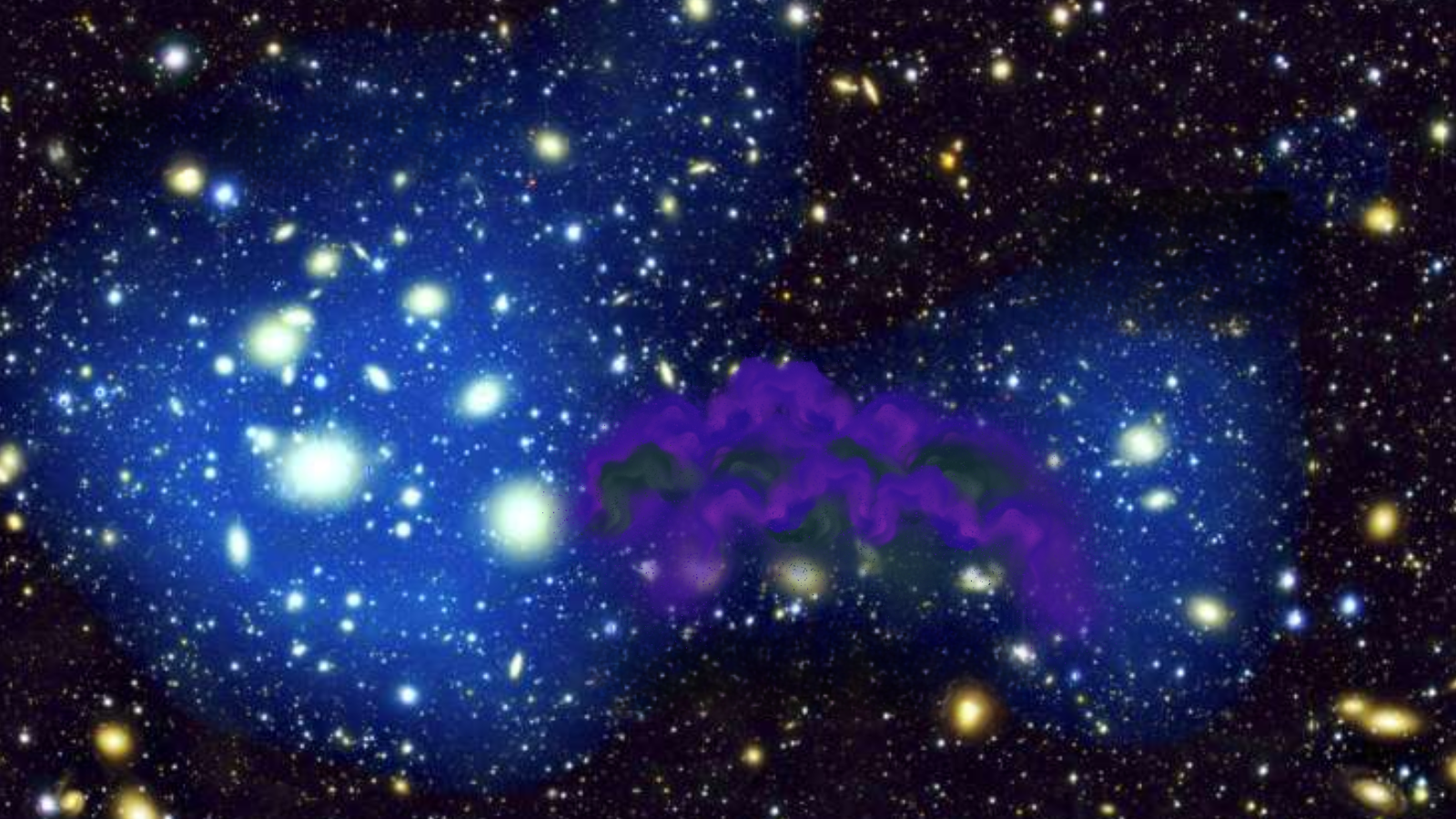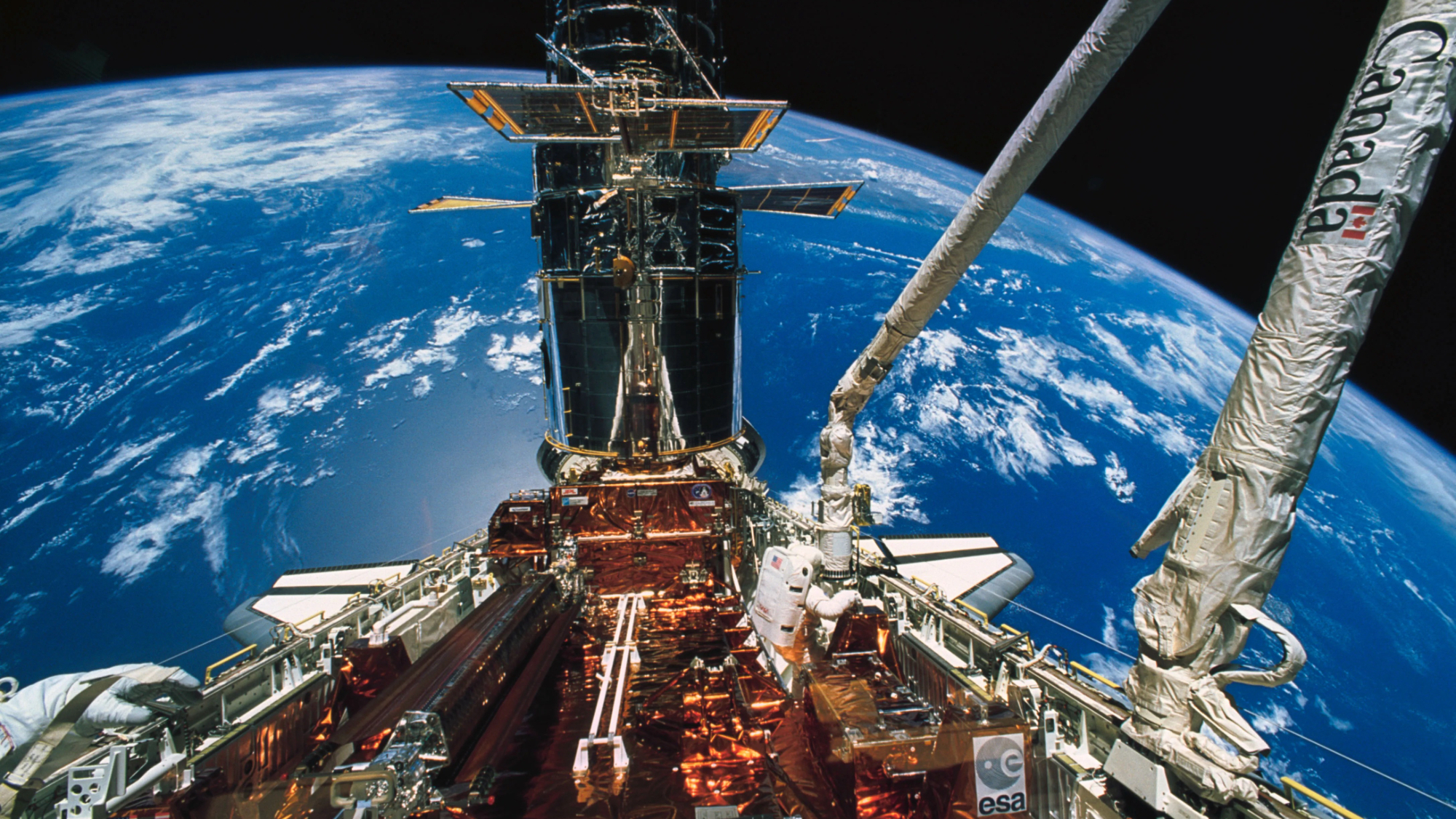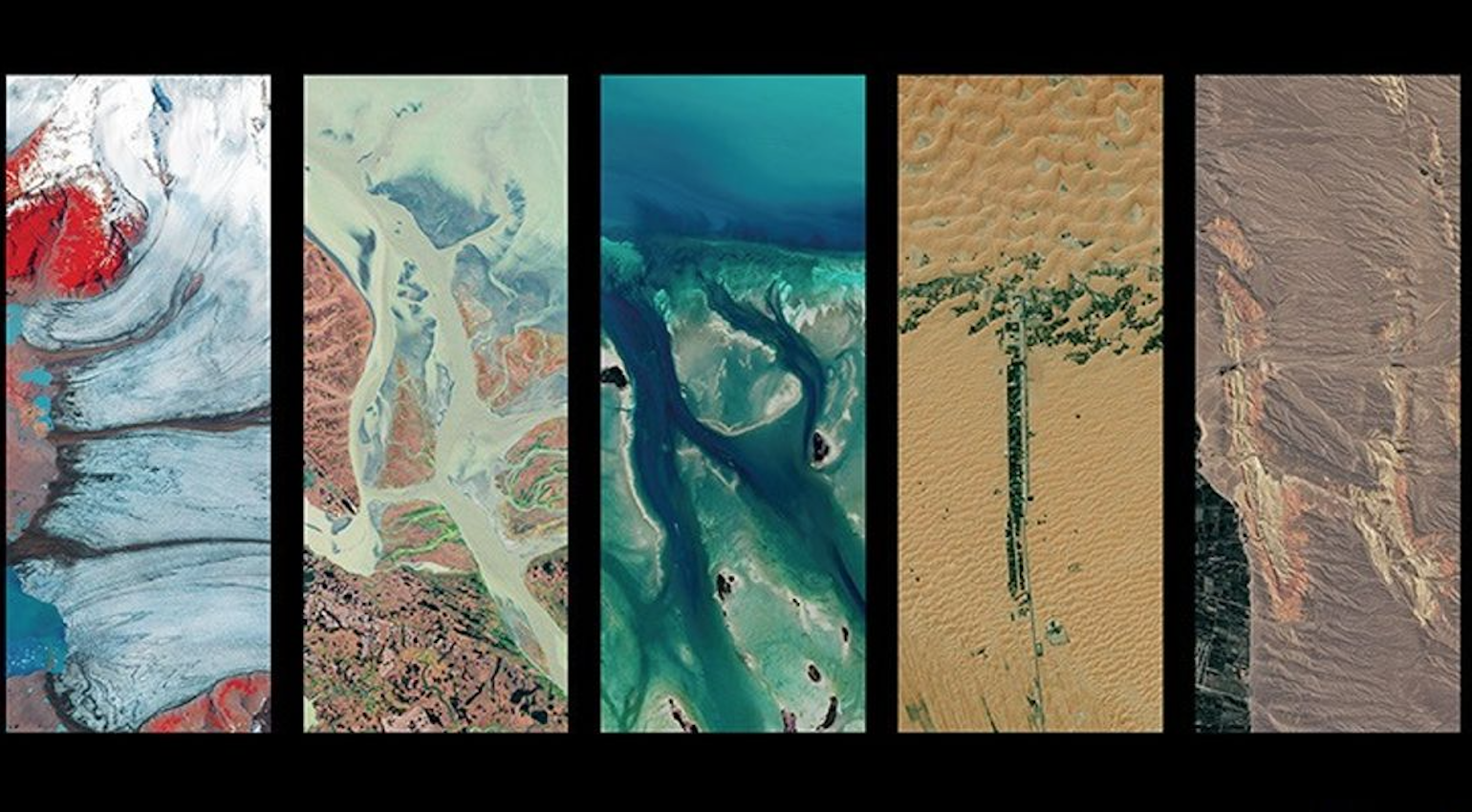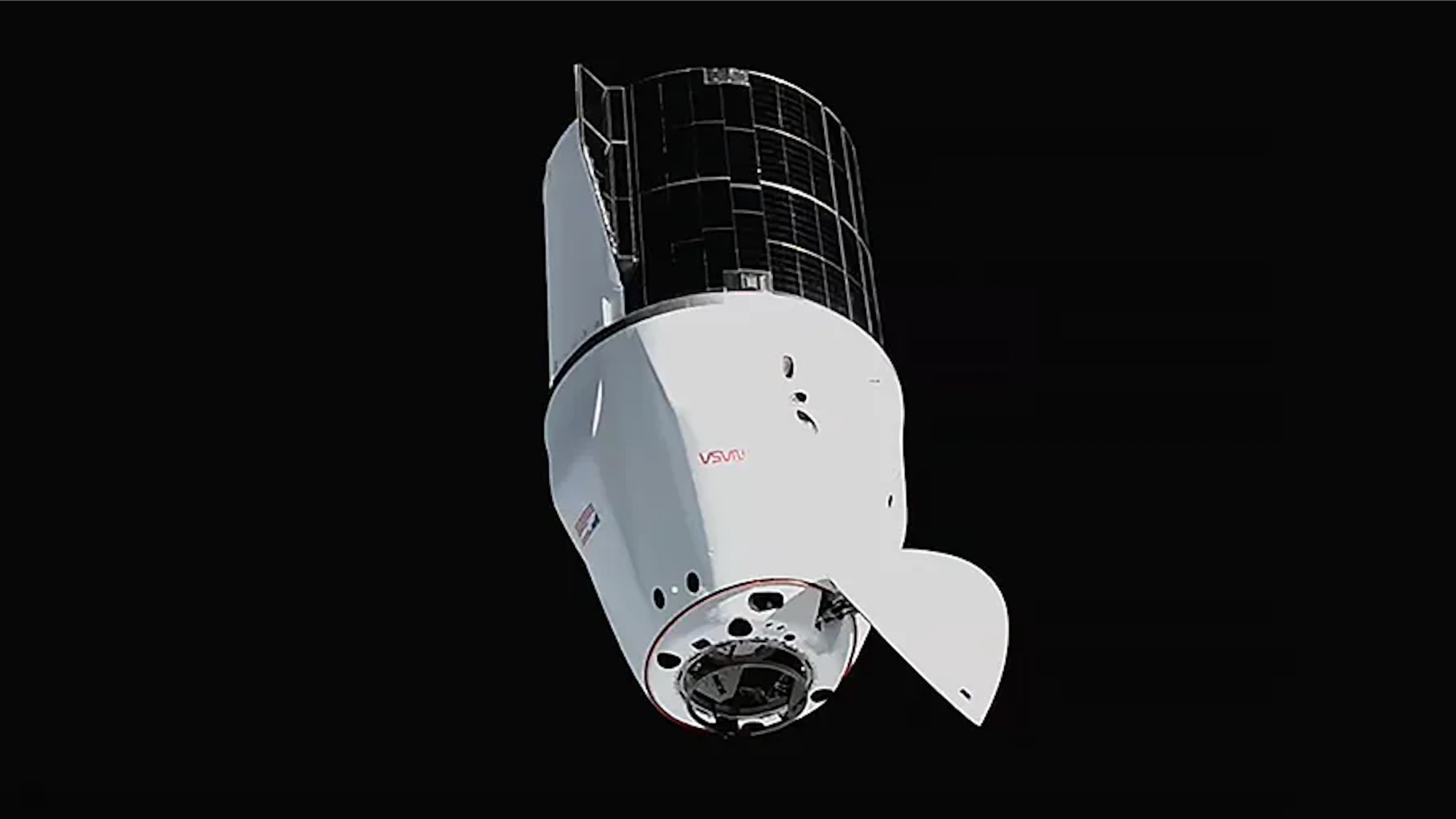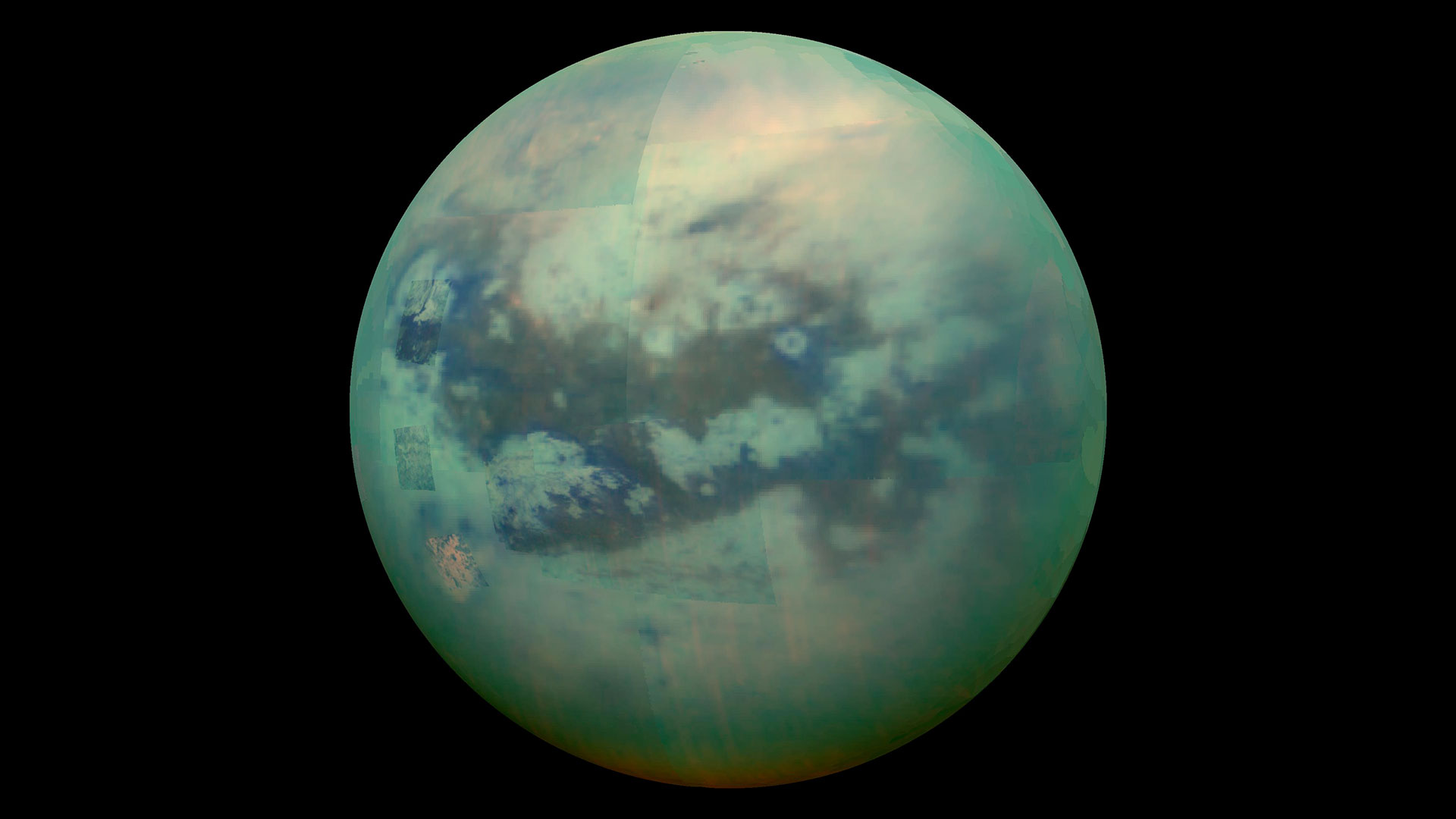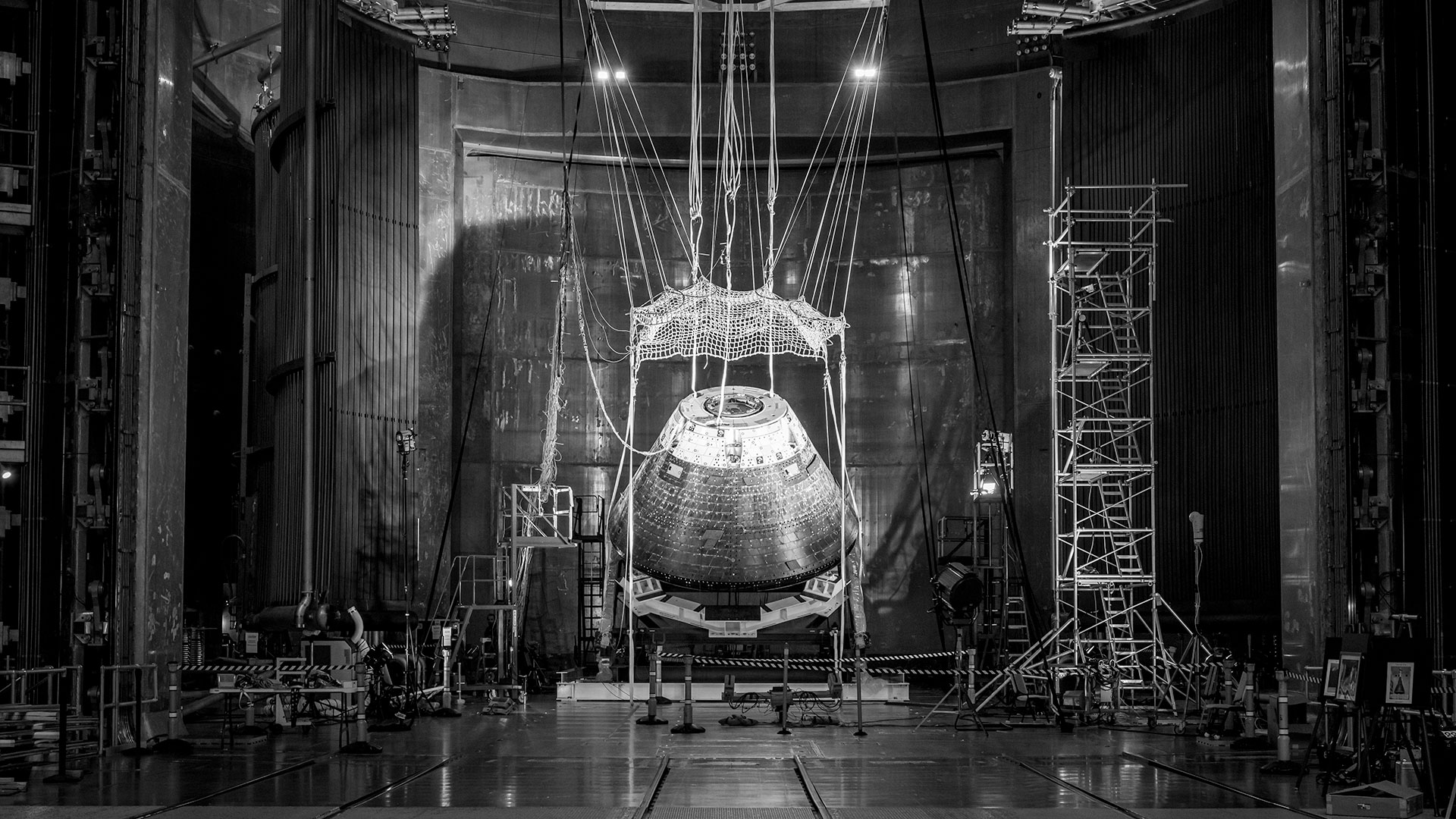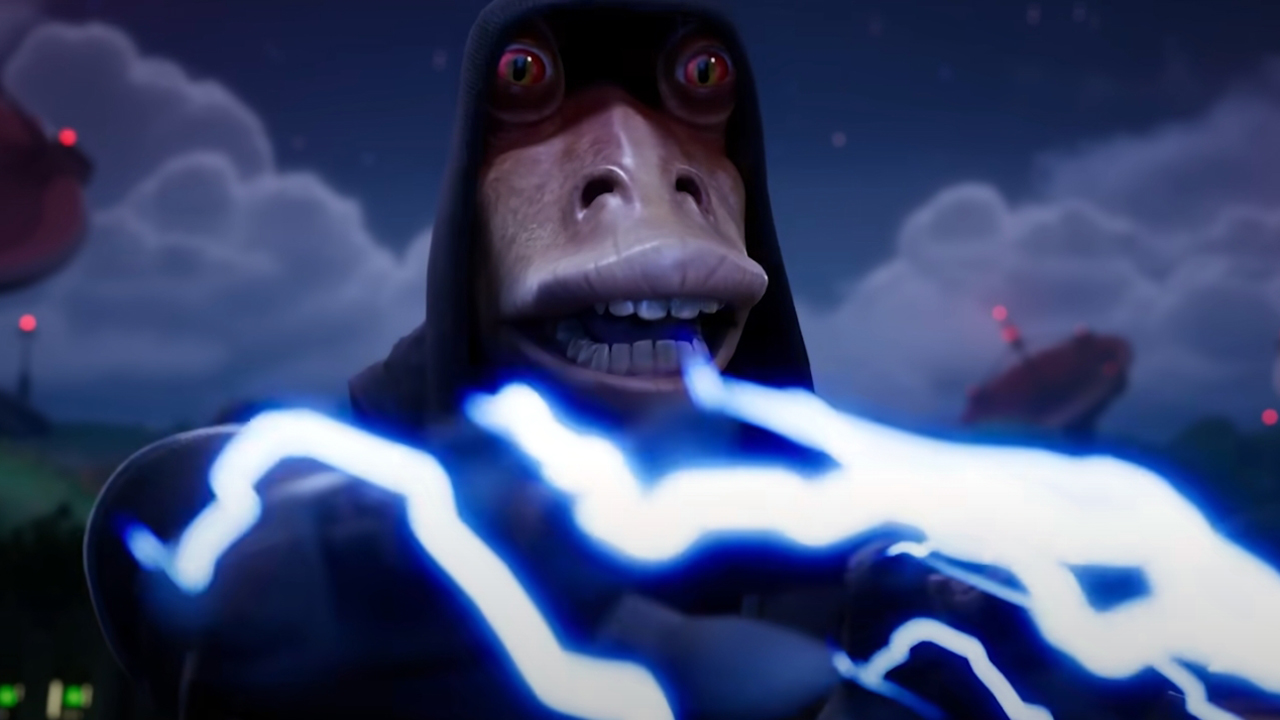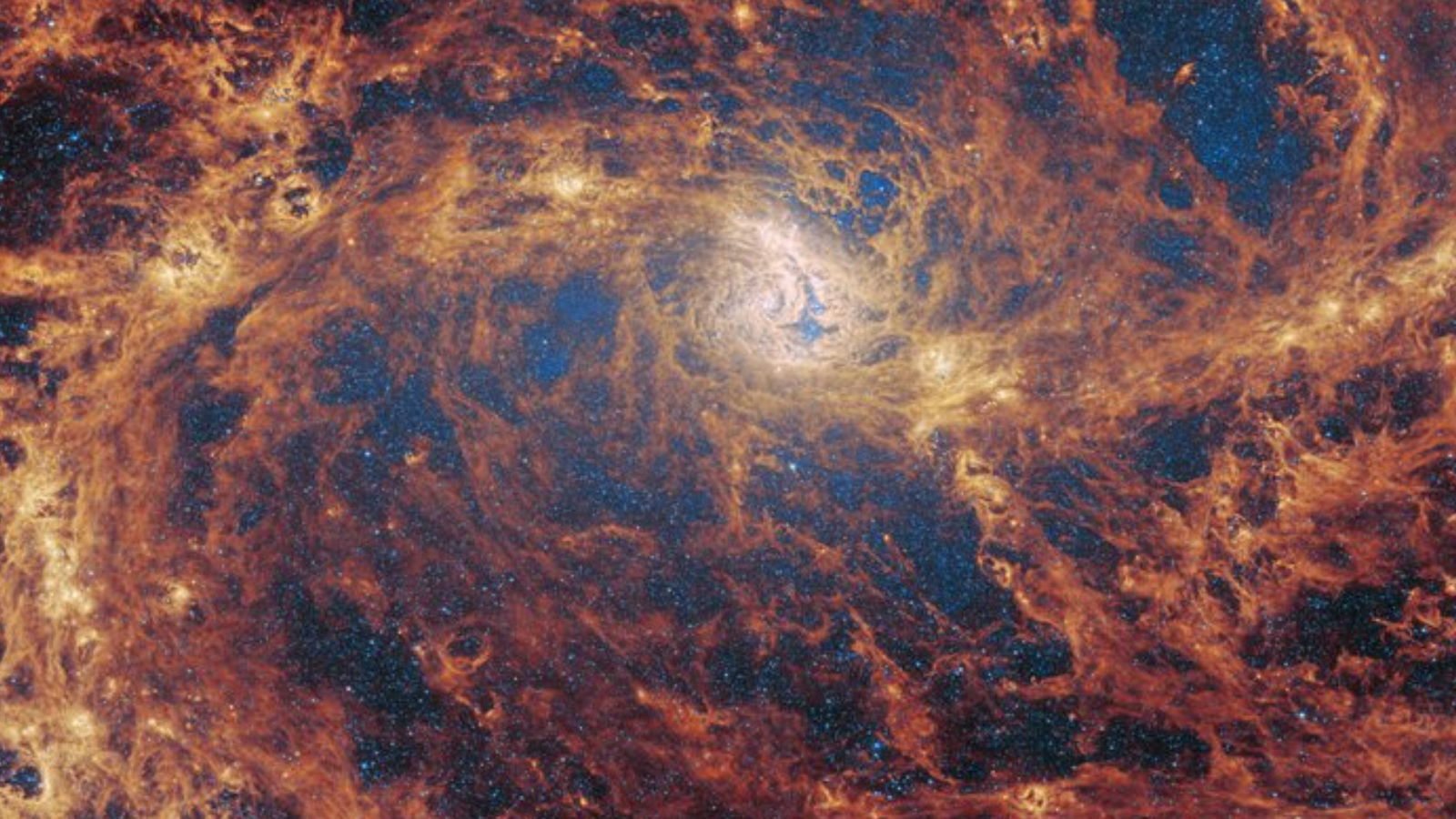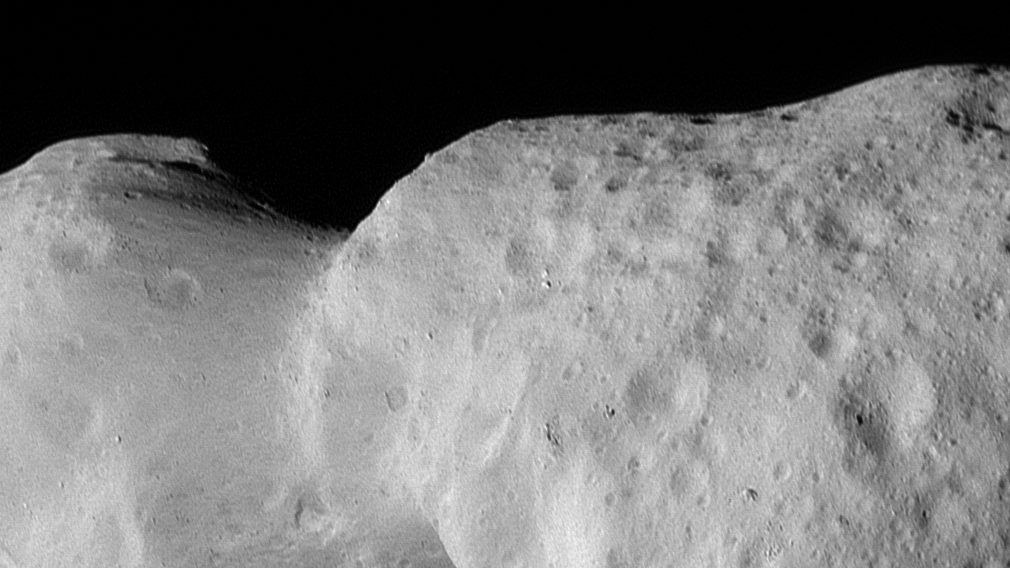Astronaut's camera used to capture 9/11 aftermath from space goes on display

Many cameras captured the tragic events and aftermath of the Sept. 11, 2001 terrorist attacks against the United States. One camera, though, had a vantage point and human connection like no other, high above the planet on board the International Space Station.
That camera is now on display for the first time since it was used 20 years ago.
"One American wasn't on Earth when the terrorist attacks of Sept. 11, 2001 occurred. A new exhibit conveys the story of 9/11 as recorded from space," the Cosmosphere space museum in Hutchinson, Kansas stated on its website.
The modified Kodak DCS 460c, a Nikon digital camera, was actually the second camera that NASA astronaut Frank Culbertson reached for that day. Culbertson was the only American to be off Earth, living with two Russian cosmonauts on the International Space Station.
Related: 9/11 remembered in space photos
More: 20 years after 9/11: How satellites tracking disasters have changed
"I glanced at the world map on the computer to see where over the world we were and noticed that we were coming southeast out of Canada and would be passing over New England in a few minutes. I zipped around the station until I found a window that would give me a view of [New York City] and grabbed the nearest camera. It happened to be a video camera," Culbertson wrote in a letter that he sent down to Earth the next day.
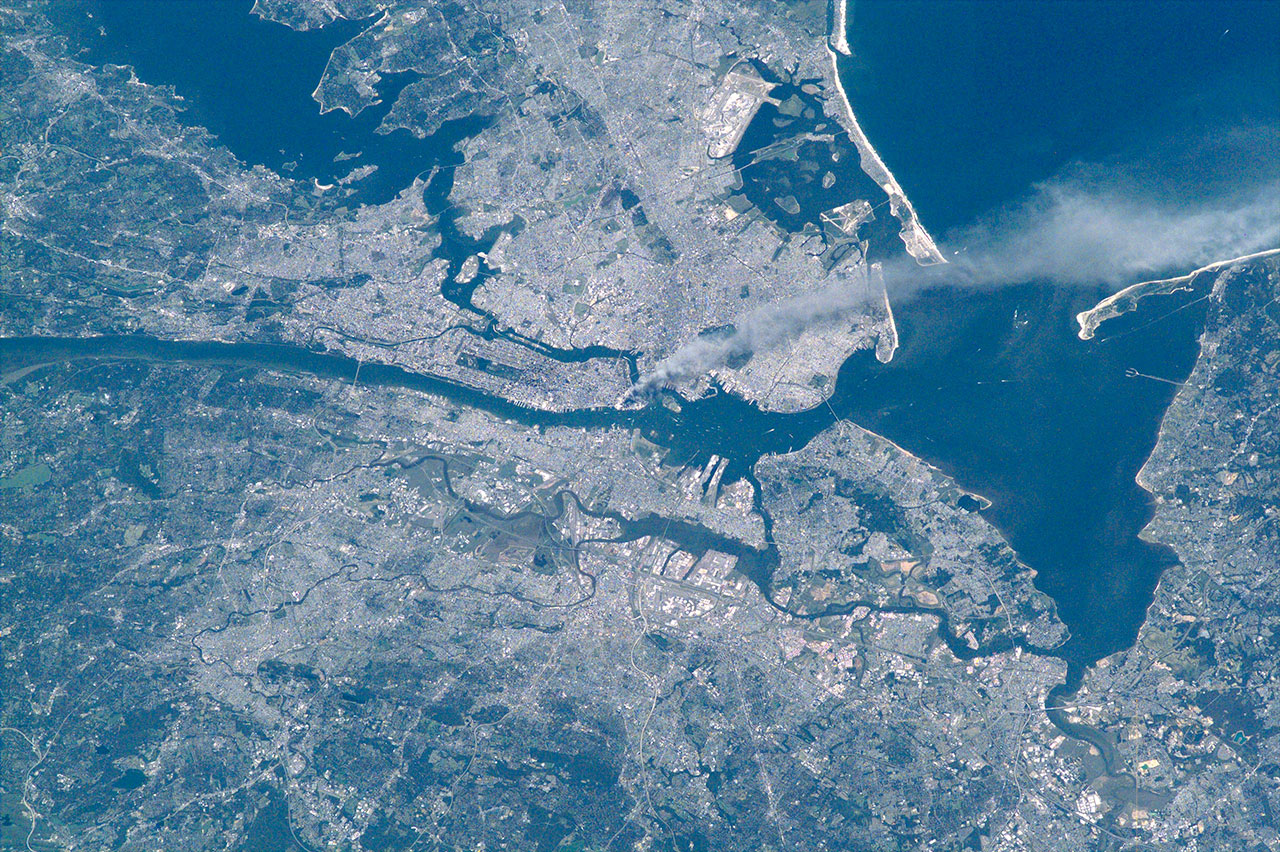
Having learned of the attacks from Mission Control, Culbertson shared the news with his two Expedition 3 crewmates, Vladimir Dezhurov and Mikhail Tyurin. Culbertson's video captured smoke rising from Manhattan with an "odd bloom to it at the base." Based on when it was he was filming, he may have been seeing the fall of the second tower of the World Trade Center.
Get the Space.com Newsletter
Breaking space news, the latest updates on rocket launches, skywatching events and more!
Although the crew all had work to do, on their next pass over the East Coast, the three were back at the station's windows.
"On the next orbit, we crossed the U.S. further south. All three of us were working one or two cameras to try to get views of New York or Washington. There was haze over Washington, but no specific source could be seen," Culbertson wrote. "It all looked incredible from two to three hundred miles away."
Related: Astronaut Frank Culbertson Reflects on Seeing 9/11 Attacks from Space
460-2274
The digital camera that Culbertson used to photograph the scene was not set aside by NASA as an artifact that day. Launched on the space shuttle Discovery with other supplies for the space station in March 2001, the camera remained aboard the orbiting outpost until December of that same year, returning to Earth on the space shuttle Endeavour.
Sometime after that, NASA downgraded the camera from "Class I," the agency's label for flight-ready hardware, to "Class III," for training-use only. Whether it was subsequently damaged or eventually deemed obsolete, the camera was released by NASA as surplus government property.
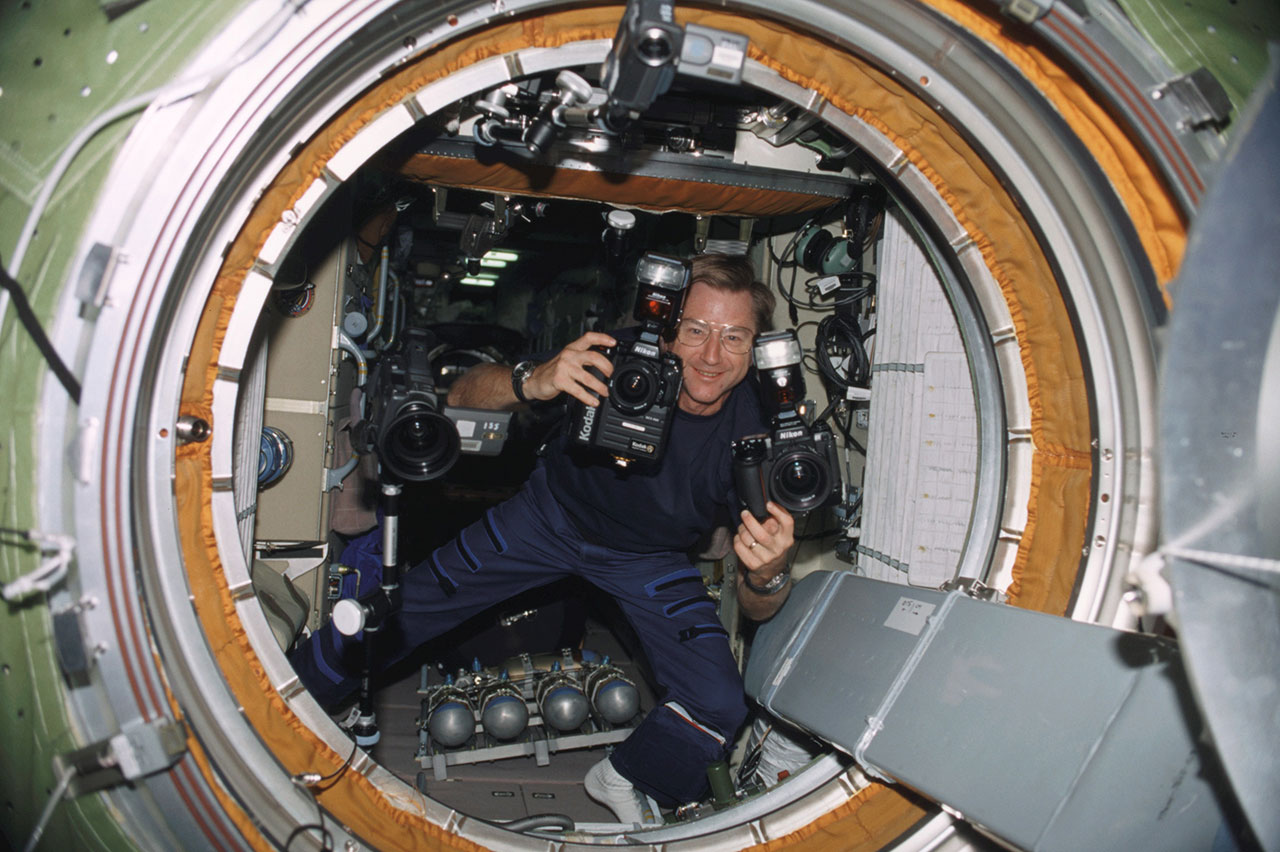
That might have been the end of it had the camera not found its way into Timm Chapman's collection. A self-described avid Nikon collector and photographer, Chapman already had several other cameras used by astronauts on the space shuttle and space station and so he knew how to research this camera's history. In particular, he knew to look for a seven-digit number: 460-2274.
"This serial number can be tagged back to the metafile from the actual digital images produced by this camera. Over 100 images from this camera and their metafile data can be found on NASA's online image library," Chapman wrote on his website. "This camera is specially unique as it was the camera that astronaut Frank Culbertson used to photograph New York City on September 11th, 2001, hours after the terrorist attack on the World Trade Center."
It was that distinction, though, that led Chapman to find the camera a new home.
"I never felt right about owning such an important piece of history, so in 2013 the camera found a new home at a space museum," he wrote.
A significant camera
The Cosmosphere has, over the years, included the camera on curator-led tours, but this is its first dedicated display. The exhibit, which runs through Sept. 30, sets the camera against a wall-size enlargement of Culbertson's photo of New York.
"To see the image of the destruction from the perspective of space creates a sense of relevance we might not otherwise have," said Mimi Meredith, senior vice president of communication and chief development officer at the Cosmosphere. "Just as countless astronauts have said as they look back on their home planet, Earth is a beautiful, yet fragile place. Perhaps that is what our visitors will take away from this exhibit."
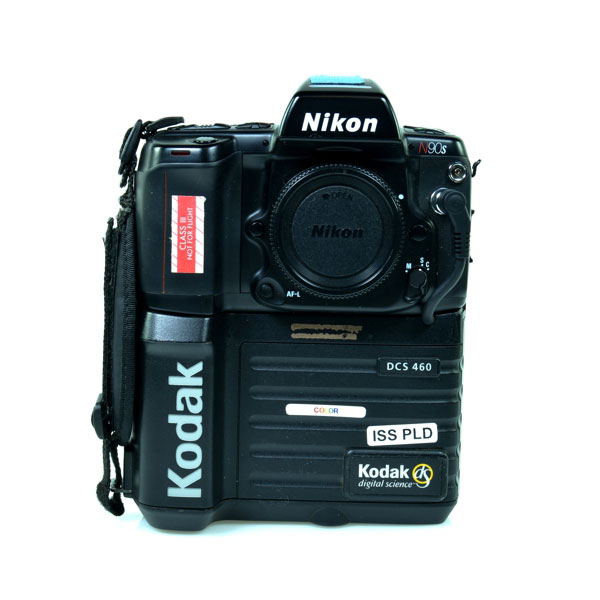
The camera can also add context to the public's understanding of the purpose of the International Space Station, said Jennifer Levasseur, the curator responsible for the Smithsonian National Air and Space Museum's astronaut-used cameras and author of the book "Through Astronaut Eyes: Photography from Early Human Spaceflight" (Purdue University Press, 2020).
"It is a good example of what I think the space station is meant to be about, which is a platform for witnessing life on Earth and foreseeing what it is we do down here and what happens," said Levasseur in an interview with collectSPACE.com. "This camera is significant in the sense of it being positioned where it was — that it was even possible to make that image."
"It connects the story of that day to the story of the International Space Station as a platform for viewing events here on Earth," she said.
Follow collectSPACE.com on Facebook and on Twitter at @collectSPACE. Copyright 2021 collectSPACE.com. All rights reserved.
Join our Space Forums to keep talking space on the latest missions, night sky and more! And if you have a news tip, correction or comment, let us know at: community@space.com.

Robert Pearlman is a space historian, journalist and the founder and editor of collectSPACE.com, a daily news publication and community devoted to space history with a particular focus on how and where space exploration intersects with pop culture. Pearlman is also a contributing writer for Space.com and co-author of "Space Stations: The Art, Science, and Reality of Working in Space” published by Smithsonian Books in 2018.In 2009, he was inducted into the U.S. Space Camp Hall of Fame in Huntsville, Alabama. In 2021, he was honored by the American Astronautical Society with the Ordway Award for Sustained Excellence in Spaceflight History. In 2023, the National Space Club Florida Committee recognized Pearlman with the Kolcum News and Communications Award for excellence in telling the space story along the Space Coast and throughout the world.

